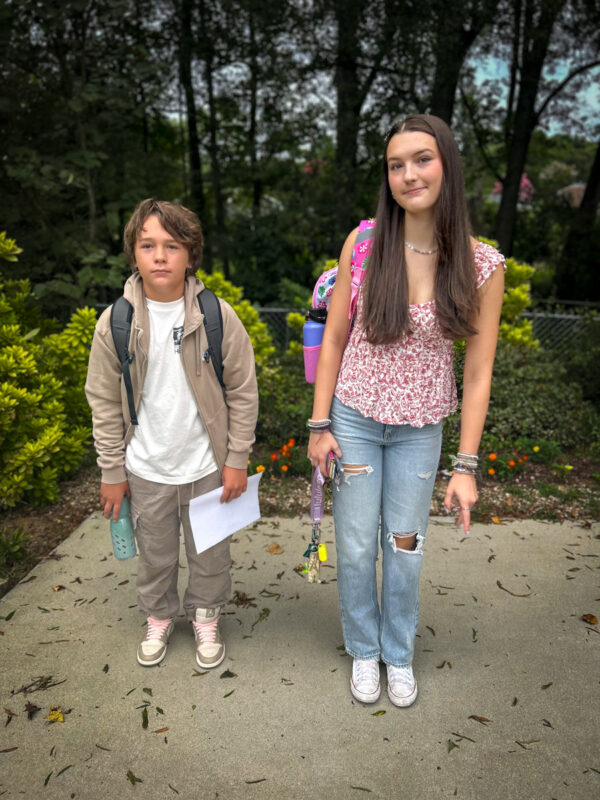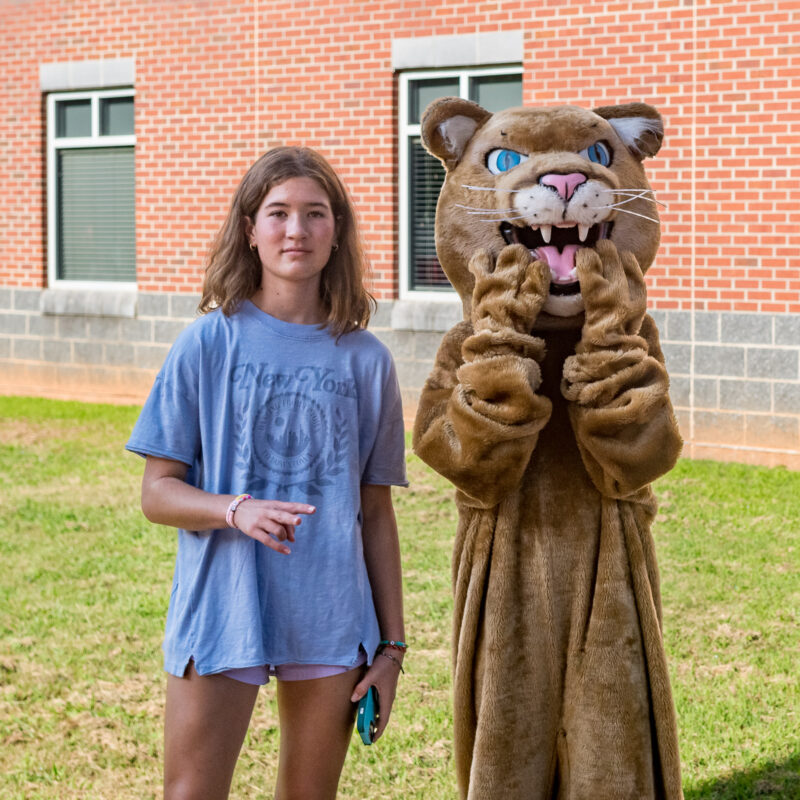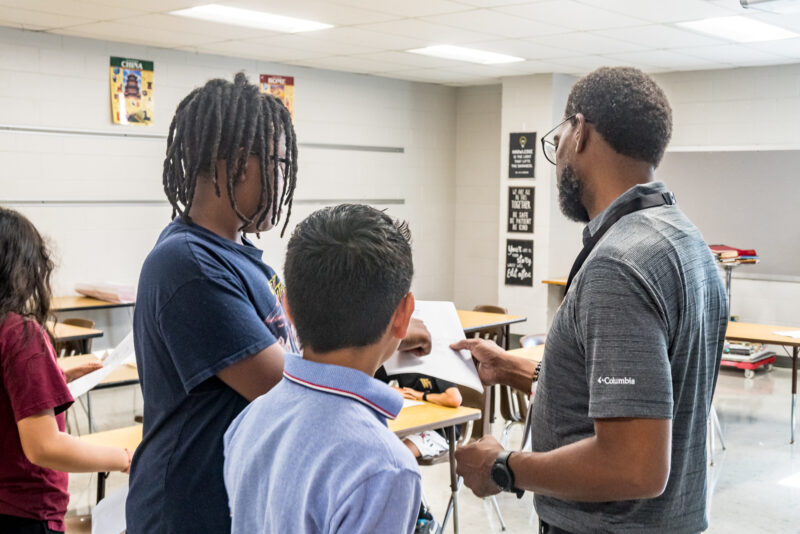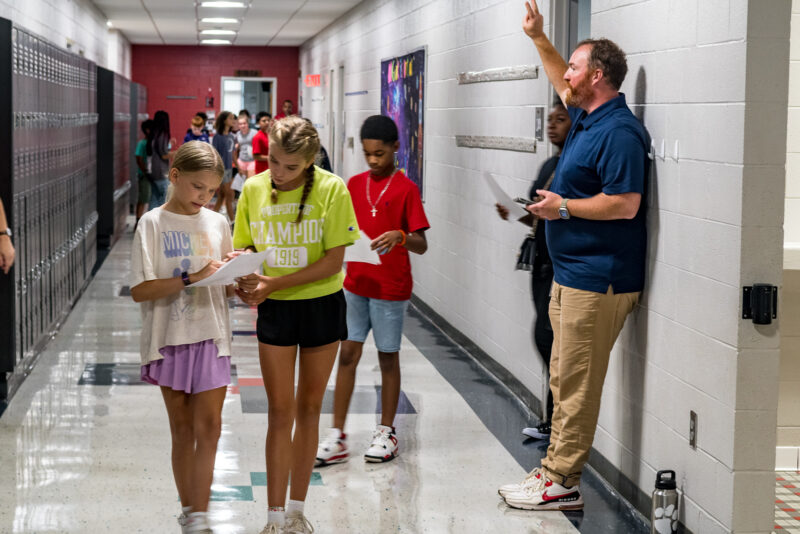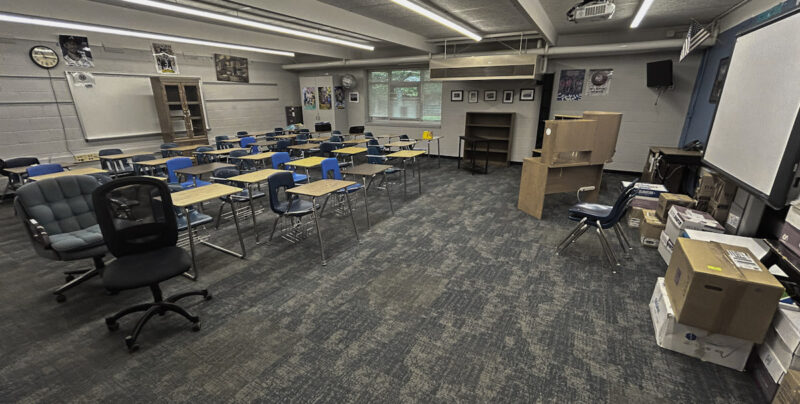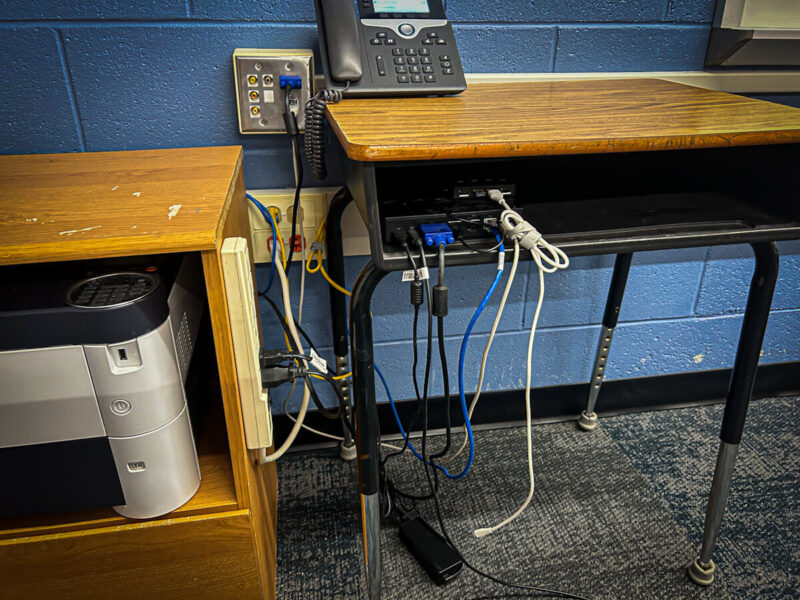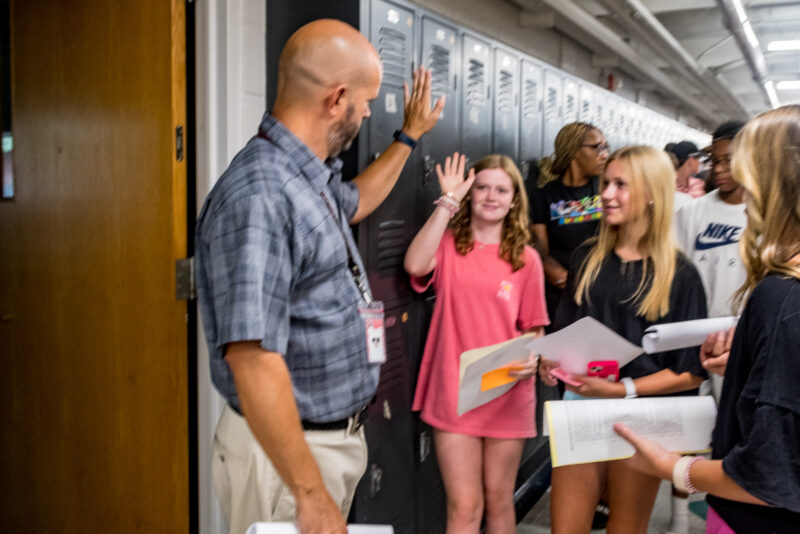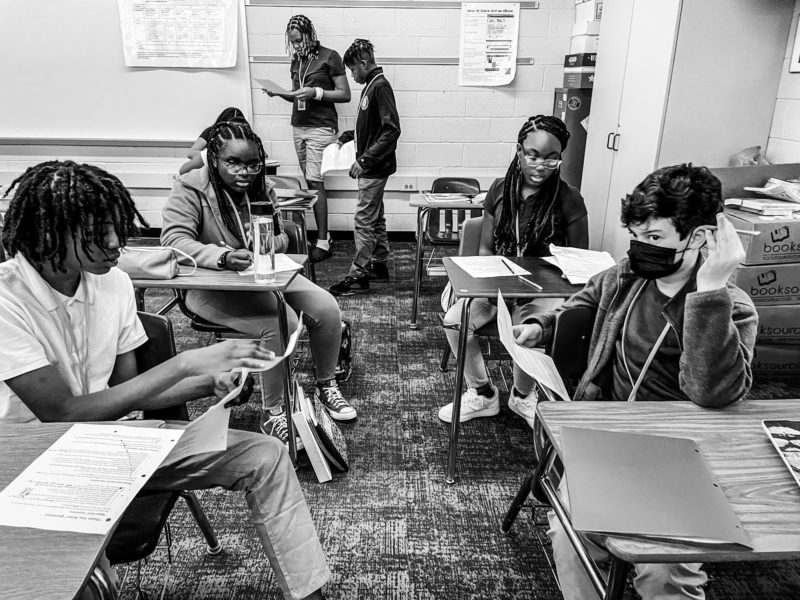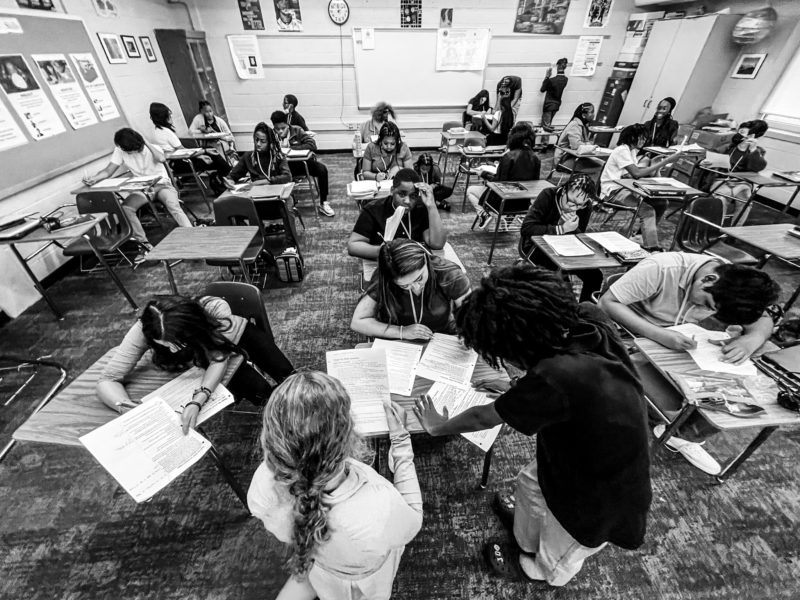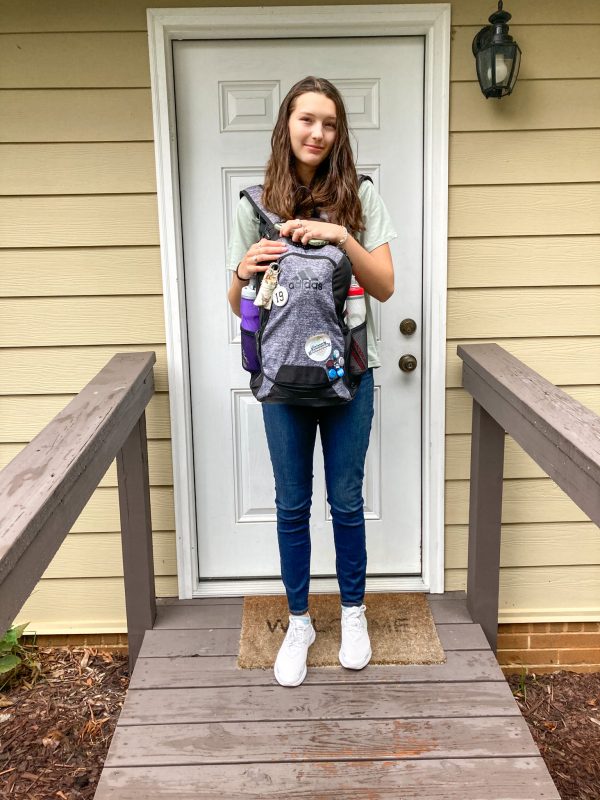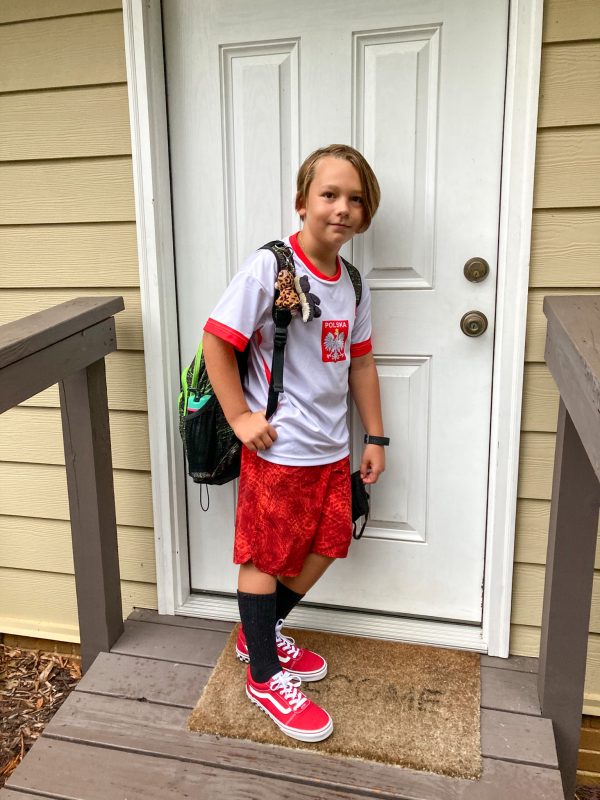“Mr. S, you’re my favorite teacher so far.” We were lining up this morning to head out for related arts (or “essentials” as the new nomenclature dictates — people in education love to rename things to show supposed progress and improvement), and he said this out of the blue.
“You’ve only had one class with each of your teachers so far,” I laughed. “How could you possibly form an opinion that fast?”
“Well, your class was the only class we actually did something in yesterday,” he clarified.
I am not one to begin the first day of school with a long lecture explaining all the ins and outs of my classroom procedures. Sure, I have a specific way I want students to turn in papers, but I’ll explain that when they have their first papers to turn in. Certainly, I want them to know about my website, which I work hard to keep updated daily, but I’ll show them that when I’ve created my first update so they realize firsthand how useful the site can be. Definitely I want them to understand how we’re going to get into groups for collaboration, and I want them to know where each group is to sit, but we’ll go over that when we get in groups for the first time. So the first day, I always make sure we work. We do some writing, some reading, some chatting. We work in groups; we work in pairs; we work individually.
And the second day, we go over procedures.
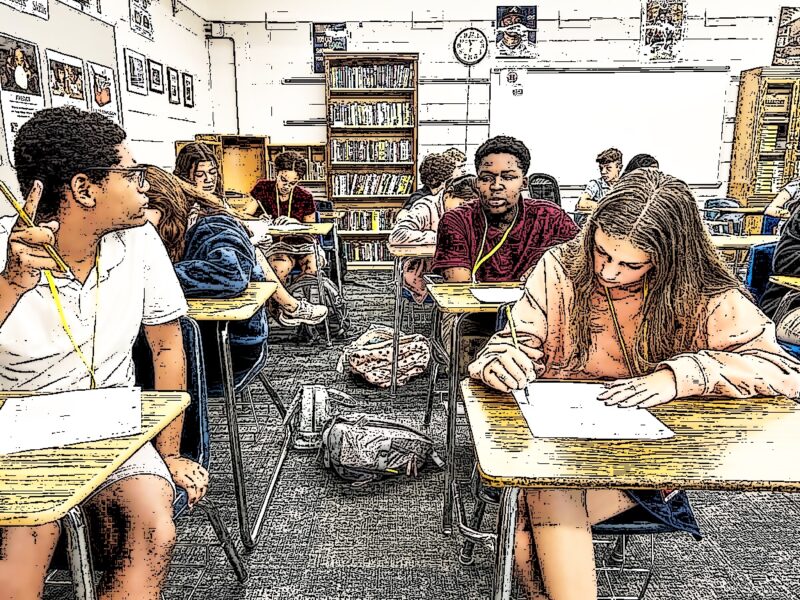
Are you kidding? We have too much material to cover! Any procedures I’ve neglected will have to wait until that first time we need it!
